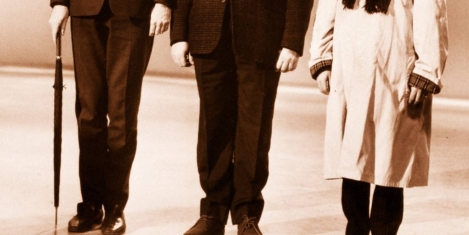January 6, 2017
Learning to love staff means letting them disconnect from work, and other stories 0
 Topical workplace issues featured prominently at this week’s British Psychological Society’s Division of Occupational Psychology annual conference held in Liverpool. Four of the key takeaways from the event deal with issues such as the right to disconnect when working from home – a right recently enshrined in law in France, the way different personality types deal with emails, the toxic relationship between employers and employees and even how managers can learn to show their staff more love. The focus at teh event underlines a growing awareness of the complexities of our new relationship with work and workplaces.
Topical workplace issues featured prominently at this week’s British Psychological Society’s Division of Occupational Psychology annual conference held in Liverpool. Four of the key takeaways from the event deal with issues such as the right to disconnect when working from home – a right recently enshrined in law in France, the way different personality types deal with emails, the toxic relationship between employers and employees and even how managers can learn to show their staff more love. The focus at teh event underlines a growing awareness of the complexities of our new relationship with work and workplaces.

































December 23, 2016
Presenteeism doesn’t aid productivity, so employers should set workers free 0
by Mark Eltringham • Comment, Flexible working
(more…)